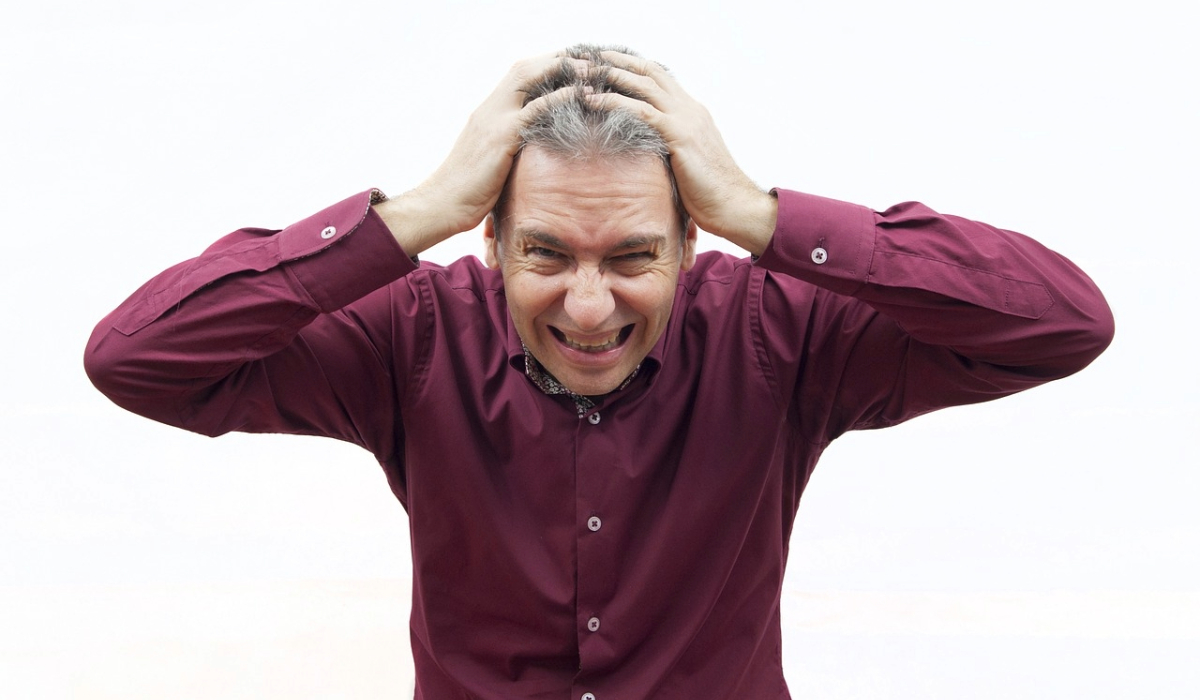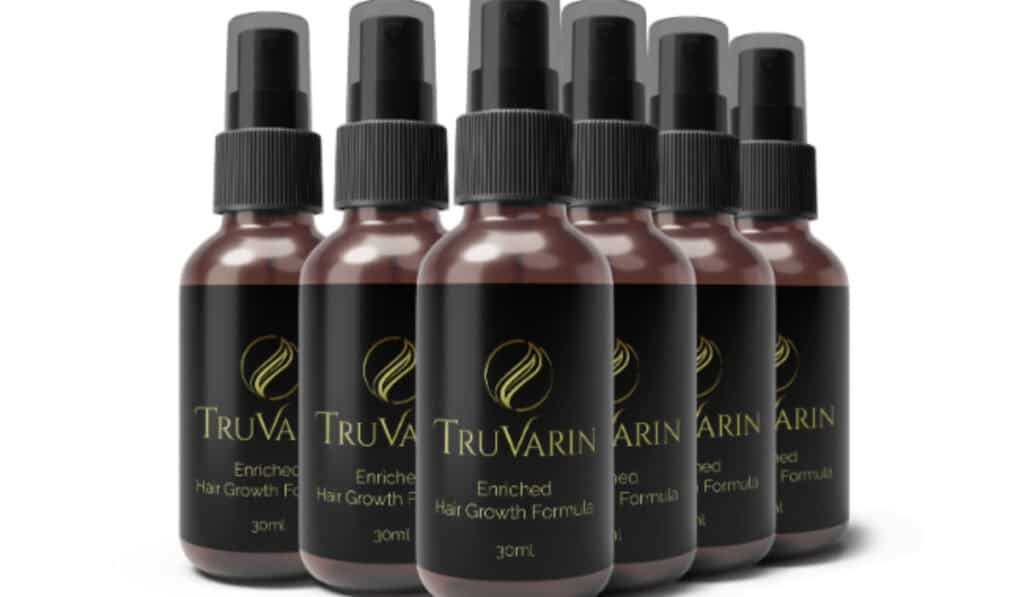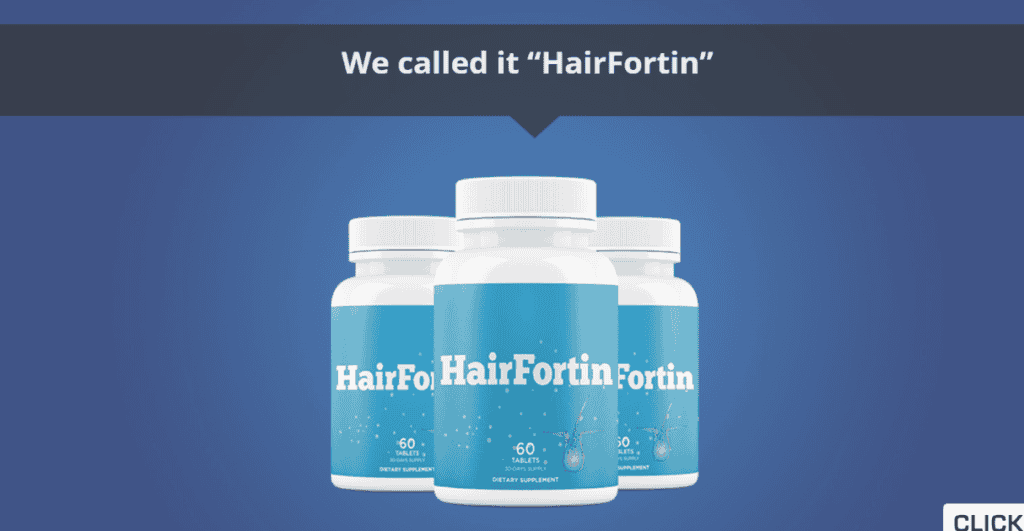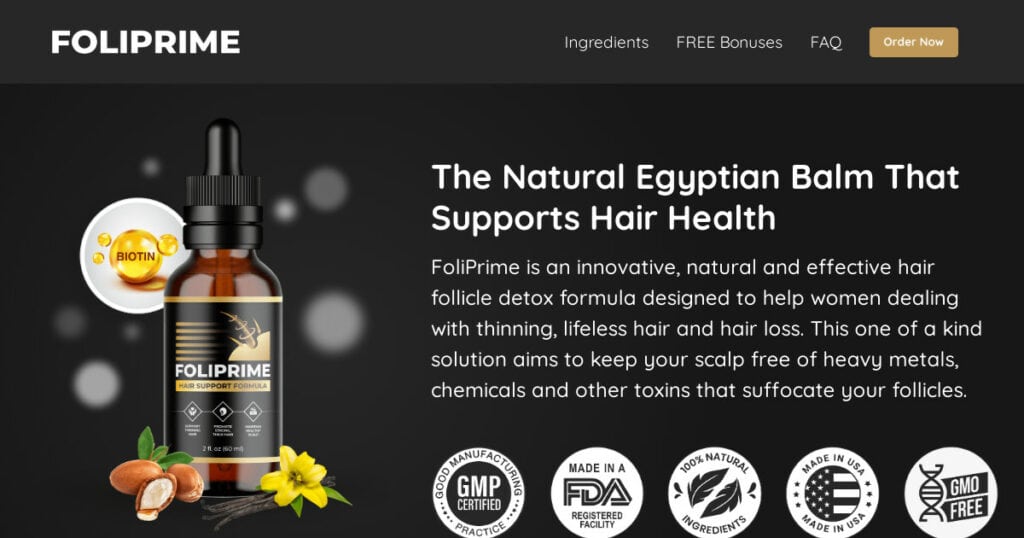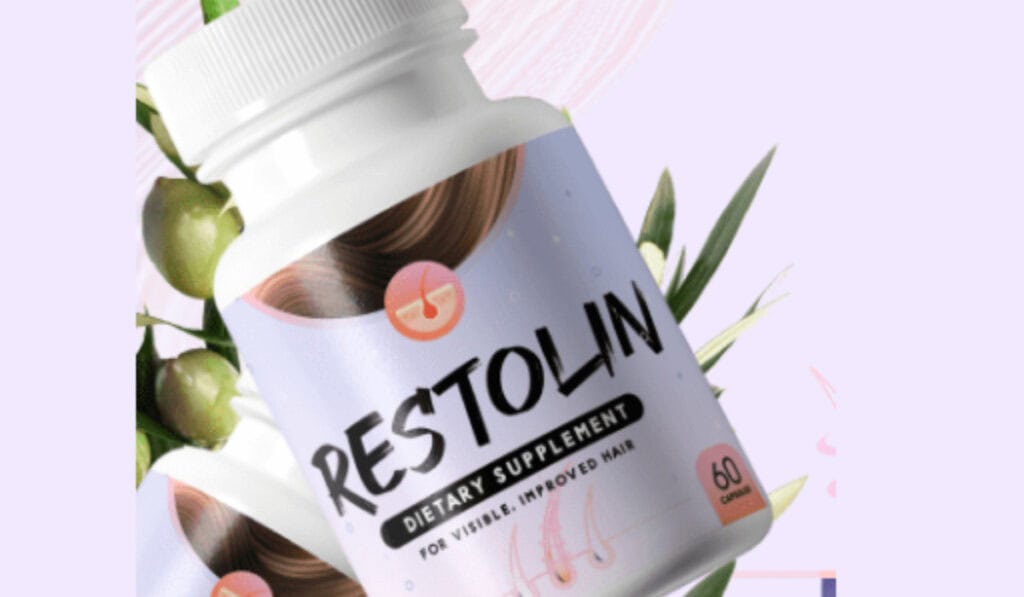Understanding the Connection
Have you ever noticed more hair in your brush during stressful periods? It’s not a coincidence. Stress and poor systemic health can directly impact your hair’s vitality. Stress, both emotional and physical, triggers changes in your body that can lead to hair loss. This connection is crucial to understand for anyone looking to maintain a healthy mane.
Mental health plays a significant role in this process. When your mental health suffers due to stress, your body releases hormones that can negatively affect hair growth. It’s a defense mechanism that diverts your body’s resources away from functions like hair growth to more critical functions necessary for survival.
Moreover, systemic health conditions such as hormonal imbalances, nutritional deficiencies, or chronic diseases can also contribute to hair loss. These conditions disrupt the normal cycle of hair growth, leading to thinning hair or baldness. It’s a complex interaction where stress and health conditions feed into each other, exacerbating hair loss.
Understanding this connection is the first step toward addressing hair loss. By managing stress and improving overall health, you can help protect your hair. Simple changes in lifestyle, diet, and stress management techniques can make a significant difference in promoting a healthy head of hair.
Unraveling the Mystery of Hair Loss
Hair loss can feel like a puzzling condition, but it’s actually a process influenced by various factors, including genetics, stress, and health conditions. Growth involves three stages: the anagen phase (growth stage), catagen phase (transition stage), and telogen phase (resting stage). Disruptions in these stages can lead to hair loss.
Findings suggest that stress and systemic health issues can significantly impact these growth stages. Stress, for instance, can shorten the anagen phase, pushing hair prematurely into the shedding phase. This insight helps us understand that managing stress and maintaining good health are critical in preventing hair loss and encouraging healthy hair growth.
Defining Hair Loss and Its Types
Hair loss, or alopecia, isn’t just one condition but a symptom of various underlying issues. Growth involves three stages, and disruption in any of these stages can lead to different types of hair loss. For example, anagen effluvium is rapid hair loss from chemotherapy, affecting hairs in the growth stage.
Findings suggest that understanding the type of hair loss is crucial in identifying the best treatment approach. From temporary shedding known as telogen effluvium to more permanent forms like androgenetic alopecia, each type has unique causes and treatments. Recognizing these can help in addressing the problem more effectively.
The Role of Follicle Stem Cells in Hair Regeneration
Hair regeneration depends heavily on the health of follicle stem cells. Stress affects these cells by releasing stress hormones, which can lead to an extended resting phase and delay the growth phase. This interruption in the cycle can prevent new hair from forming and lead to hair thinning or loss.
Research from Harvard University has provided insights into how stress hormones impact these cells. Studies showed stress can activate the sympathetic nervous system, influencing stem cells directly. The GAS6 pathway, identified by the Harvard Stem Cell Institute, could be exploited for its potential in promoting hair growth by activating hair follicle stem cells. This breakthrough suggests that managing stress and supporting the health of these stem cells could play a critical role in combating hair loss.
The Culprits Behind Hair Loss
While genetics play a significant role in hair loss, other factors like chronic stress, poor diet, and systemic health conditions also contribute significantly. Understanding these culprits is essential in addressing and preventing hair loss.
The Significant Role of Chronic Stress
Chronic stress stands out as a major factor promoting hair loss. It affects the sympathetic nervous system, which can reduce blood flow to the scalp, depriving hair follicles of the nutrients they need for healthy hair growth.
How Stress Affects Follicle Stem Cells
Stress hormones like cortisol can push hair follicles into an extended resting phase, halting new hair growth. This disruption affects follicle regeneration, making it difficult for new hairs to form and leading to noticeable hair loss. The impact of stress on these cells underscores the importance of managing stress for hair health.
Research from Harvard University has shed light on the mechanisms at play. Findings indicated that stress directly impacts stem cells responsible for regenerating hair follicles. The discovery of the GAS6 pathway by the Harvard Stem Cell Institute highlights a potential avenue for promoting hair growth by exploiting this mechanism to activate hair follicle stem cells, offering hope for new treatments.
Emotional and Physical Stress: A Double-Edged Sword
Both emotional and physical stress can lead to conditions like alopecia areata, where hair falls out in small patches. This can be a reaction to intense stress, where the body’s immune system mistakenly attacks hair follicles. Activities like combing or washing can then lead to increased hair loss during these periods.
Understanding the dual impact of stress highlights the need for a holistic approach to managing hair loss. Addressing both emotional well-being and physical health can help mitigate the effects of stress on hair, promoting a healthier growth cycle and reducing hair fall.
Lifestyle Factors That Accelerate Hair Loss
Certain lifestyle choices can exacerbate hair loss. Poor nutrition, lacking in omega-3 fatty acids, can lead to weakened hair at the root. Similarly, oxidative stress from environmental pollutants and smoking can damage hair follicles, while insufficient blood flow to the scalp can starve hair of the nutrients it needs.
Adjusting these lifestyle factors can significantly impact hair health. Incorporating a diet rich in omega-3s, reducing exposure to pollutants, and improving circulation through exercise can all help in slowing hair loss and promoting the conditions for healthy hair growth.
Stress-Induced Hair Loss: A Closer Look
Stress-induced hair loss is more than just a cosmetic issue; it’s a sign of the body’s response to prolonged stress. Understanding the biological mechanisms behind this connection can provide insights into effective treatment strategies.
Acute stress triggers a cascade of hormonal changes that can disrupt hair growth cycles, leading to conditions like telogen effluvium. Recognizing these patterns is essential in developing approaches to manage stress and minimize its impact on hair health.
The Biological Mechanism Linking Stress to Hair Loss
Acute stress activates the body’s stress response, which can have a direct impact on hair follicles. This response can shift hair follicles into a resting phase, resulting in increased hair shedding and noticeable hair loss.
Harvard Study Insights on Hair Follicle Stem Cells
Insights from Harvard University have illuminated the impact of stress on hair follicle stem cells. Their research uncovered specific pathways through which stress affects these cells, offering potential targets for new treatments aimed at promoting hair growth and regeneration.
This groundbreaking work underscores the importance of continuing research in this field. By understanding how stress impacts hair follicle health at the cellular level, scientists are paving the way for innovative treatments that could help millions of people experiencing hair loss.
Real-Life Stressors: Work, Family, and Health
In your day-to-day life, pressures from work, family responsibilities, and health concerns can significantly impact your stress levels. Balancing tight deadlines, managing household duties, and coping with chronic illnesses or sudden health issues can lead to chronic stress. This type of stress not only affects your mental well-being but can also trigger physical reactions, including hair loss. Understanding how to navigate these stressors is crucial for maintaining both your mental health and hair health.
A balanced diet, rich in vitamin C, can combat oxidative stress, while ensuring proper blood flow nourishes your scalp and hair follicles. Simple adjustments, like prioritizing tasks, seeking support, and adopting a healthier lifestyle, can mitigate the negative effects of stress. Remember, taking time for self-care amidst the chaos of work, family, and health challenges is not just beneficial but essential for your overall well-being.
Nourishing Your Hair from the Inside Out
To combat hair loss effectively, it’s essential to focus on nourishing your hair from the inside out. This approach goes beyond topical treatments and addresses the root causes of hair loss, such as nutritional deficiencies and the impacts of stress. Incorporating a balanced diet, rich in all essential nutrients, plays a pivotal role in maintaining healthy hair growth and preventing hair loss. Specifically, focusing on the health of your hair follicles by ensuring they receive the nutrition they need can make a significant difference.
Alopecia areata, an autoimmune disorder that results in unpredictable hair loss, underscores the importance of internal health on hair growth. While external treatments can provide temporary relief, addressing internal imbalances and deficiencies can offer more sustainable solutions. Ensuring your body receives a balanced mix of vitamins, minerals, and other nutrients can support hair health and mitigate the effects of stress and other triggers of alopecia areata.
The Power of a Healthy Diet in Promoting Hair Growth
Adopting a balanced diet is a powerful step towards promoting hair growth and combating hair loss. Foods rich in antioxidants can reduce oxidative stress, while those high in vitamin C enhance collagen production, vital for hair strength. Ensuring adequate blood flow through a diet rich in iron and other essential nutrients supports the delivery of oxygen and nutrients to your hair follicles. This holistic approach to nutrition fosters a healthy environment for hair to thrive, highlighting the critical role of diet in hair health.
Essential Nutrients for Healthy Hair
For healthy hair, focusing on specific nutrients is key. Iron and zinc support hair follicle health, while vitamins A, C, and E protect against oxidative stress. Omega-3 fatty acids, found in fish and flaxseeds, provide the oils that keep your scalp and hair hydrated. Additionally, ensuring proper blood flow to the scalp is crucial for delivering these nutrients to your hair follicles, promoting natural hair growth and strength. Incorporating these nutrients into your diet can create a solid foundation for hair health.
Biotin, often hailed as a wonder vitamin for hair, plays a pivotal role in the production of keratin, the protein that makes up hair. A deficiency in biotin can lead to hair thinning and loss. By focusing on a diet that includes all these essential nutrients, you can support your hair from the inside out, fostering a healthy growth environment and reducing the likelihood of hair loss.
Innovative Approaches to Combat Stress and Hair Loss
Men and women alike face the challenges of stress-induced hair loss, with various factors such as psychological stress, family history, and even the death of a loved one playing significant roles. Cutting-edge research reveals that stress inhibits GAS6, a protein essential for governing hair follicle stem cells, which disrupts the natural hair growth cycle. This connection underscores the importance of addressing both the physical and emotional aspects of stress to combat hair loss effectively.
Adapting your eating patterns and managing levels of stress are practical steps towards mitigating hair loss. Understanding the link between stress and hair loss opens avenues for targeted treatments that go beyond conventional methods. By addressing the root causes, including autoimmune disorders and severe stress, innovative approaches offer hope for those seeking to reverse the effects of hair loss and regain not only their hair but also their confidence and well-being.
Lifestyle Modifications to Reduce Stress
Managing mild stress through lifestyle modifications can significantly impact hair health, particularly for those dealing with alopecia areata. Simple changes, such as incorporating regular physical activity, adopting relaxation techniques like meditation and yoga, and ensuring a balanced diet, can lower stress levels. These adjustments not only improve overall well-being but also support hair health by reducing the risk of stress-induced hair loss.
For individuals with alopecia areata, a focus on stress reduction is especially crucial. This autoimmune disorder, characterized by sudden hair loss in patches, is often exacerbated by stress. By identifying and addressing sources of stress, and making concerted efforts to manage them, individuals can create a more conducive environment for hair regrowth and overall health.
Cutting-Edge Research and Treatments in Hair Regeneration
Recent advancements in the field of hair regeneration offer new hope for individuals suffering from alopecia areata. Researchers are exploring innovative treatments that target the autoimmune aspects of the disorder, aiming to restore natural hair growth by addressing the underlying causes. These cutting-edge approaches include therapies designed to recalibrate the immune system’s response, potentially reversing hair loss and promoting regrowth in affected individuals.
Developments in stem cell research and regenerative medicine are also showing promise for those with alopecia areata. By understanding the role of follicle stem cells in hair growth, scientists are working on treatments that can activate these cells, encouraging them to regenerate hair even in areas that have been bald for years. This focus on the root causes of hair loss, coupled with the latest technological advancements, is paving the way for groundbreaking treatments in hair regeneration.
The Future of Hair Loss Treatments: Hope on the Horizon
As we look towards the future, the landscape of hair loss treatments is brightening with innovative research and groundbreaking discoveries. Scientists like Sekyu Choi and Zhang B have been pioneering in this field, with support from prestigious institutions and awards such as the York Stem Cell Foundation, Smith Family Foundation Odyssey Award, and the Harvard HMS Dean’s Award. Their work, focusing on the receptor for corticosterone and its effects on a cluster of cells underneath the hair follicle, opens new pathways for understanding how stress and anxiety directly influence hair health. This research not only illuminates the intricate relationship between mental stress and hair loss but also paves the way for targeted treatments that could revolutionize how we approach conditions like female pattern baldness and diffuse hair shedding.
Furthermore, the involvement of organizations such as the Pew Charitable Trusts, American Cancer Society, and the National Institute highlights the collaborative effort to combat hair loss from multiple angles. These partnerships are exploring innovative solutions like tissue regeneration and nerve growth to address hair loss. The focus is not just on treating the symptoms but on understanding the underlying causes, such as corticosterone levels and reduced hair growth due to stressful life events. Thanks to these advancements, the future looks promising for those seeking solutions to hair loss, with stress reduction techniques and cutting-edge treatments offering a beacon of hope for achieving not just healthier hair, but a healthier life.

